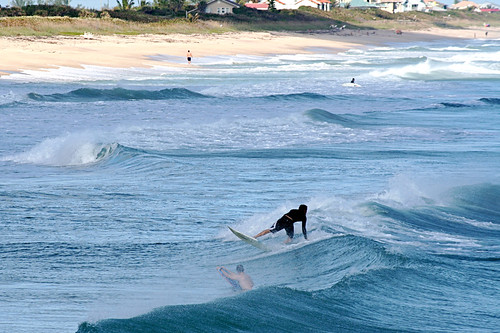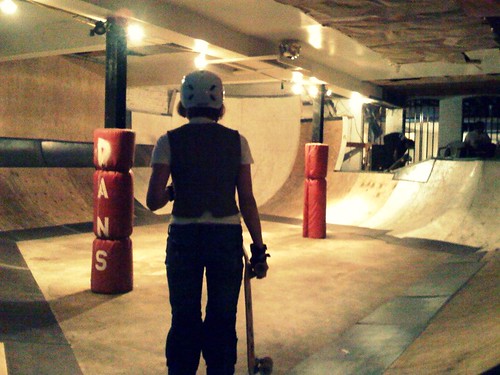What’s Transparency Camp?
This un-conference is about convening a trans-partisan tribe of open government advocates from all walks — government representatives, technologists, developers, NGOs, wonks and activists — to share knowledge on how to use new technologies to make our government transparent and meaningfully accessible to the public.
In practice, this meant a very smart and dedicated group of government and non-government techies devoted their weekend to collaborating, brainstorming and scheming new ways to make government more open and accessible to all of us. What was unique about the un-conference was that it was open and collaborative, where the people in the audience were just as smart as the “experts” presenting. It was also made up as it went along, as topics and panels were put together on the fly, in response to the interests and passions of the attendees.
I attended because I used to be a government web site manager and think that government sites can be better. And that they should be better, for they are paid for by taxpayers. In one session I was in, the question was asked, “What can the public do to make .gov sites better?”
My answer is to keep pushing. There are numerous barriers to improving government sites, from IT security to policy, that can only be overcome through public pressure. The public needs to demand sites that are easier to use and more efficiently managed. Why can’t .gov be like Google?
Perhaps more importantly, the creative, risk-taking spirit of events like Transparency Camp needs to be encouraged within government. There are a lot of very talented people within government who want to blog, use Twitter, publish data in open formats, create mashups and experiment with new technology to better serve taxpayers. These people need to be empowered so that they can more effectively communicate the work of government to the public that pays for it.

